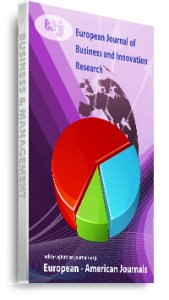This research examines the impact involving macroeconomic variables like inflation, real exchange rate and interest rate on GDP of Pakistan within the light involving 32 year time series data from 1980 to 2011. Research was a secondary data based, Descriptive statistics and multiple regression investigation was used to analyze the information. Econometric model used by analysis was comprised of GDP seeing that dependent variable even though the independent factors were interest rate, exchange rate and inflation rate. Data taken from intending for these variables through the website of the State Bank of Pakistan in addition to the World Bank. The individual significance of the variables, overall value and fairness of the econometric model analyzed. The study found that there’s a significant effect of inflation rate, interest rate and exchange rate of GDP. So far as the indicators of co-efficient are concerned, the inflation rate interest rate had a negative impact on GDP while exchange rate possessed positive relation to GDP. Based on the results and analysis it is suggested that the Government adopted tight monetary policy due to inflation because the results suggest that inflation provides significant effect but negative relation to GDP. In the case of developing countries like the Pakistan quality value of the exchange rate must be maintained since the results show that there’s a considerable and constructive impact involving exchange rate with GDP. Ceiling of interest rate should reduce to boost the economy.
Keywords: Gross Domestic Product, Inflation rate and Exchange rate., Interest Rate

